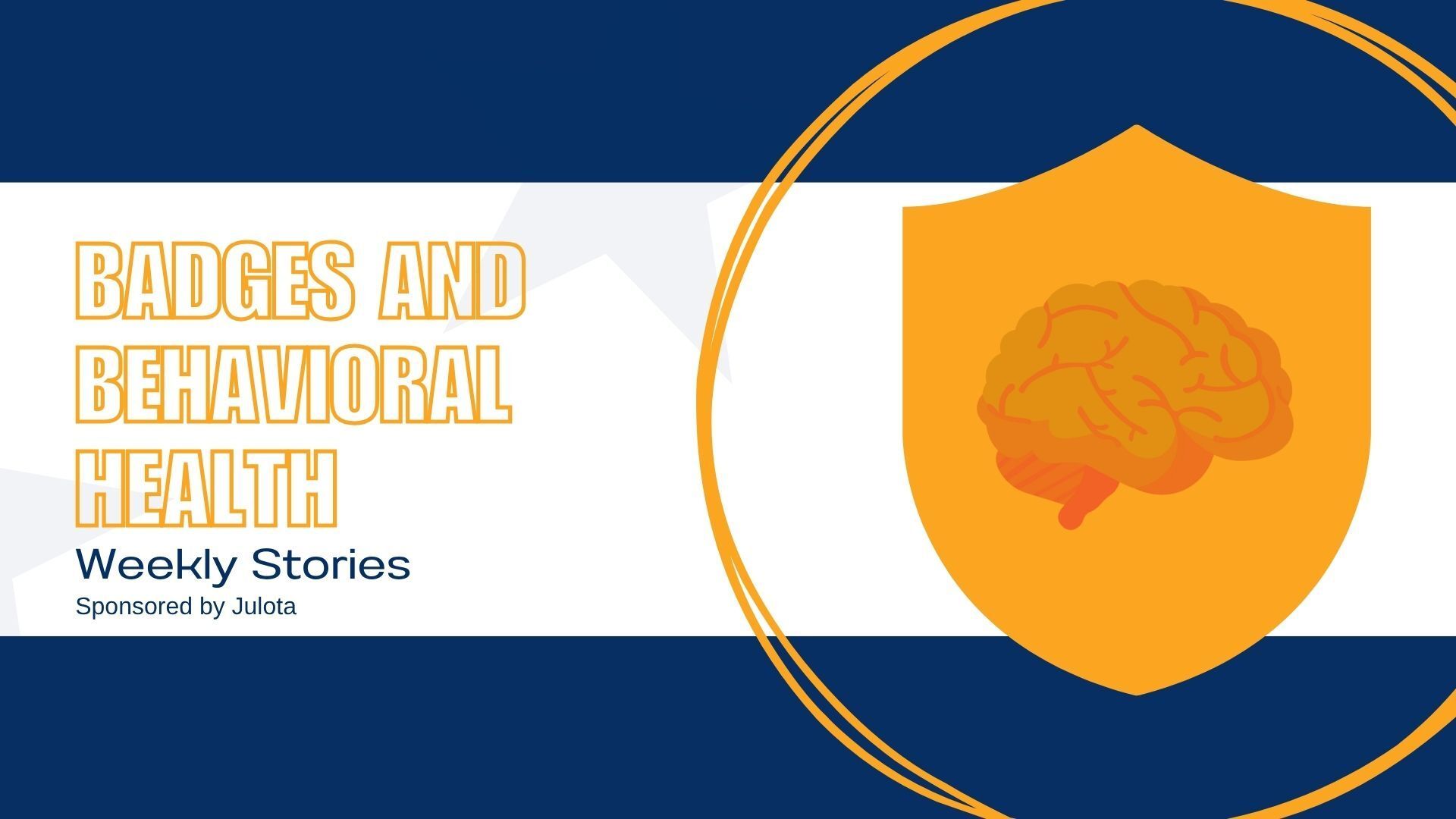
Today’s Brief:
Co-Response Briefs
Bridging the Gap: How Integrating Behavioral Health Into Pediatric Care Eases Kids’ Symptoms
Mamdani Unveils Bold Public Safety Blueprint: A New Path for NY Region Safety and Equity
Social Briefs
Total Read Time: 4 minutes
👮 Co-Response Briefs
Chaffee County has rolled out a new co-responder program in which a sheriff’s deputy teams up with a mental health clinician to respond together on calls involving behavioral health crises. With increasing numbers of mental health–related emergencies, the aim is to de-escalate situations in person, reduce unnecessary arrests or hospitalizations, and link people to ongoing support. Funding comes partly from a state grant (covering about half), and the county is exploring options including a lodging tax increase to fully support the program.
In Grand Junction, the co-responder model pairs officers with mental health professionals who join crisis calls once safety is assured. The goal is to offer compassionate, person-centered intervention — keeping people out of hospitals or jails when possible by using community resources to resolve crises.
Harrisonburg’s new mental health co-responder will ride along with officers on crisis calls, offering an expert clinician’s touch right on scene. The program is designed to improve de-escalation, reduce arrests and unnecessary hospital stays, give follow-up care after release from jail or hospital, and better connect people in crisis with treatment and community support.

Miami-Dade County is moving forward with a merger of its Community Action Human Services and Juvenile Services departments to enhance the coordination and reach of its mental health services, from early childhood through older adulthood. The change was announced during a Behavioral Health Advisory Board meeting, where stakeholders emphasized both the opportunity it creates and the challenges involved in implementation.
Kathy Burgos, a licensed clinical social worker overseeing the effort, noted the merger is intended to streamline services and strengthen collaboration between agencies and community advocates. Construction of a new mental health facility was also discussed; while some services could begin within roughly six months of getting final approvals, parts of the building—such as the kitchen and certain key areas—still need finishing. One of the driving concerns is ensuring people deemed incompetent to stand trial are diverted from jail into more appropriate care — a problem the county hopes this expanded system will help address.
🧠 Seven Counties Services Launches Mobile Units to Deliver Mental Health Care Across Urban & Rural Kentucky
Seven Counties Services is rolling out two mobile health units designed to bring mental health, substance use, and crisis support directly into both Louisville’s metro area and six surrounding counties: Jefferson, Bullitt, Henry, Oldham, Shelby, Spencer, and Trimble. These units are staffed with licensed behavioral health providers and peer support specialists—people with lived experience—to provide on-site crisis intervention and follow-up care.
They are also equipped with critical tools like naloxone, gun locks, and medication lockboxes to address immediate dangers and risks in the community. The mobile units will partner with schools, churches, and local organizations to deliver outreach, education, and preventive services in addition to crisis care. The initiative comes as city leaders highlight an urgent need for accessible support, especially as suicides are outpacing homicides in Louisville this year. With these mobile units, Seven Counties aims to close service gaps, reduce barriers to access, and make mental health care an available resource wherever people are.

Social Media Briefs